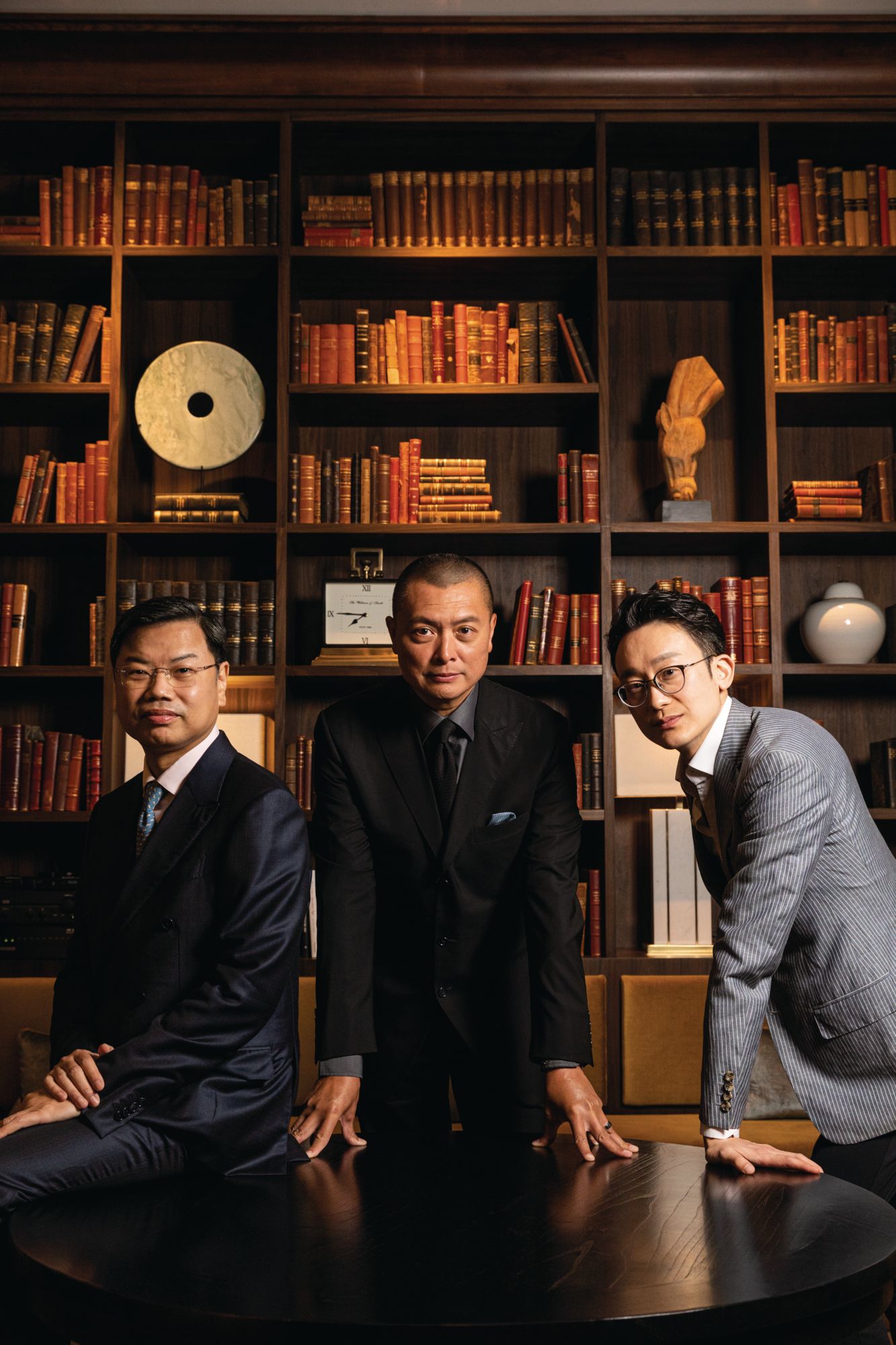The Covid-19 pandemic has led to a spike in interest in health technology companies among investors. But will it last?
The pandemic has increased awareness of the importance of healthcare resources, and has led to steep increases in the valuations of many listed companies in the sector.
Even before the pandemic, healthcare companies were already catching investors’ attention. The sector is supported by strong fundamentals, such as an ageing population globally and a growing middle class, particularly in Asia.
Dr Jonathan Seah, executive chairman of holistic wellness firm LifeHub, says that healthcare spending is likely to be further boosted by growth in what he describes as the “consumerisation of medical knowledge,” as people look for ways to improve their health.
The sector is also set to be a beneficiary of the application of new technologies such as artificial intelligence, big data and robotics.
Watch the video below to hear the round table in full:
As a result, Patrick Ho, chief investment officer, North Asia for HSBC Private Banking and Wealth Management, thinks the health technology sector will offer structural growth opportunities in the next five to ten years.
“Investors are comparing health technology with the internet and AI sectors, which have had very strong growth in the last 20 years,” he says.
Chibo Tang, managing partner at venture capital firm Gobi Partners, identifies three core areas within the health technology sector where he expects to see growth: general health and wellness, remote healthcare and at-home diagnostics, and supply chain optimisation. He adds that the application of AI and big data will help to optimise drug research, while robotics can facilitate operations and medical care.
See also: Get to Know Candice Chan, CEO of LifeHub


